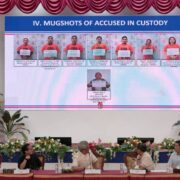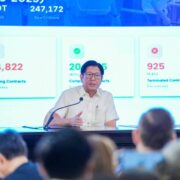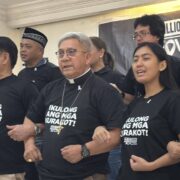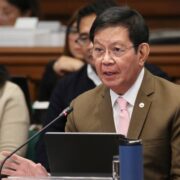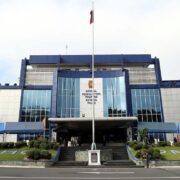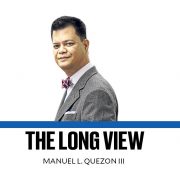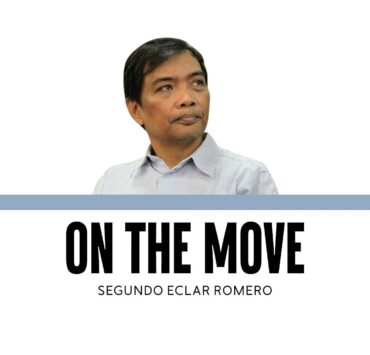Curing our cancer of corruption
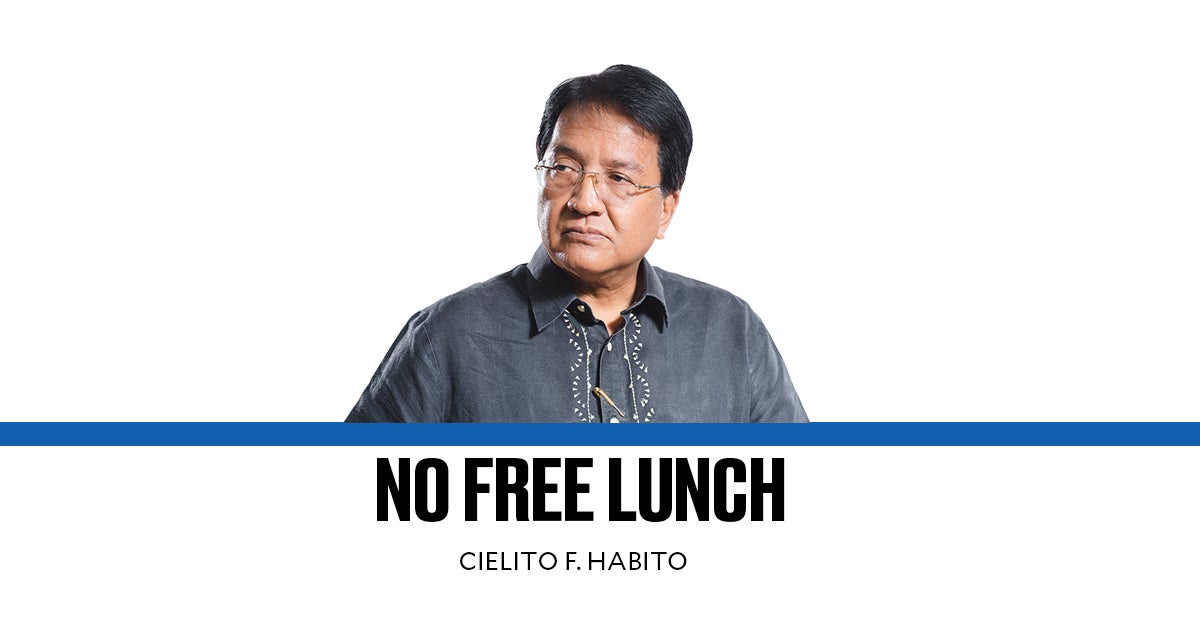
The country today feels like a patient battling an aggressive cancer—corruption that has already metastasized across agencies and political networks,” educator Feliece Yeban posted on social media last week. “The ‘cancer cells’ are the officials, government employees, contractors, and power brokers who have fed on public funds for years.”
At a Senate finance committee hearing a few weeks ago, young data analysts and policy researchers Adolfo Jose “AJ” Montesa and Kenneth Isaiah “Ken” Abante similarly likened the corruption crisis underlying the flood control scandal to a spreading cancer. There are three tumors, they said, in our country’s raging cancer today: “soft pork” in P156 billion of “ayuda” programs that make citizens beg for basic rights; “hard pork” in corruption-laden infrastructure projects, including P653 billion in unaccounted flood control funds; and a “shadow budget” of P1.1 trillion in unprogrammed appropriations released through unverifiable “excess revenues,” enabling what they call “spending in the dark.”
Well over a century ago, Jose Rizal characterized the corruption, oppression, and injustice (sound familiar?) of his time as a cancer of the type he best knew as an ophthalmologist: eye cancer, which, in his own description, is “of so malignant a character that the least touch irritates it and awakens in it the sharpest pains.” This led him to the title of his classic ”Noli Me Tangere,” “touch me not” in Latin, while the novel’s 1912 English translation was titled “The Social Cancer,” making the metaphor even more obvious.
It’s an apt metaphor indeed. Yeban sees President Marcos—while part of that cancer himself—to have initiated chemotherapy, with his catalytic “Mahiya naman kayo!” State of the Nation Address in July, and subsequent establishment of the Independent Commission for Infrastructure to investigate the massive fraud. But as a cancer survivor herself, she knows firsthand that chemotherapy can be harsh and unpredictable, and can weaken the cancer and/or weaken the patient. That’s why it is often said that in cancer, the cure can be worse than the disease. But Yeban points out: “Chemotherapy alone is not enough. Real healing requires surgery to remove what must be removed, radiation to target what must be neutralized, and long-term rehabilitation to rebuild what has been damaged. It also demands integrative or holistic medicine—approaches that strengthen the immune system, restore balance, and address the root causes of the disease, not just the symptoms.”
Montesa and Abante agree, and see long-term recovery and remission, if it is to happen, to hinge crucially on nurturing the “antibodies” in the country’s “immune system.” These antibodies are primarily citizens themselves, especially when organized in vigilant civil society groups like the two young men represent. Hence, they directly challenged the Senate to set the standard for evidence-based, transparent, and participatory budgeting. By opening hearings (including deliberations of the infamous bicameral conference committee), along with disclosing fund releases and institutionalizing mechanisms for citizen participation, the Senate can rebuild the nation’s immune system, they declared.
Thankfully, Senate finance committee chair Sen. Sherwin Gatchalian has not only been receptive but has also welcomed and invited the well-researched and thoroughly analyzed inputs from the groups behind Montesa and Abante. These include a horde of self-described “angry nerds” scattered here and overseas, reportedly numbering in the thousands, who are doing painstaking scrutiny of detailed data on budget allocation, disbursement, and execution. I have seen some products of their work, and they are truly impressive, thorough, and revealing. Key to it all is budget transparency, and so far, Gatchalian’s committee has readily shared with Montesa, Abante, and their thousands of “angry nerds” detailed data in machine-readable format, making it much easier to do elaborate data analytics—or what my old econometrics professor used to call “torturing the data until it confesses.” With what they are unearthing, the data are indeed “confessing” massive irregularities, and we’ve only seen the proverbial tip of the iceberg, we’re told. With large numbers of young techies now ferreting out the truth, it’s incumbent on the government to bring all offenders to justice. The rest of us, including seasoned but tired and frustrated reform advocates from all sectors, must harness the information to widen Filipinos’ awareness, understanding, and resolve to join the antibodies that will reverse our stage 4 social cancer toward remission.
As Yeban concluded, whether we recover or relapse will depend on whether we pursue a full and honest healing—not shortcuts, not political painkillers, but a sustained effort to cleanse and rebuild.
—————-
cielito.habito@gmail.com


